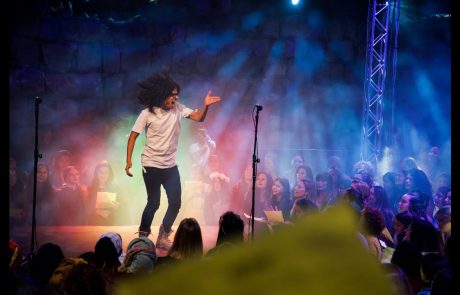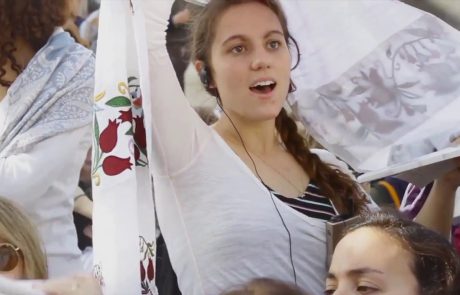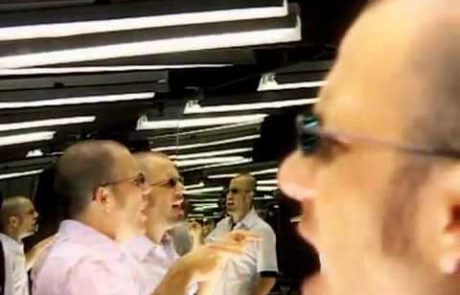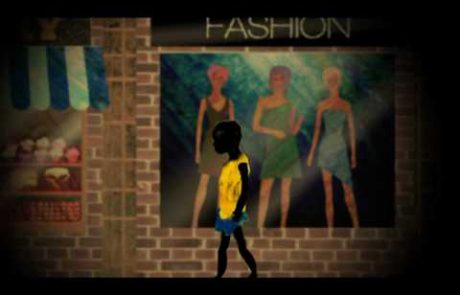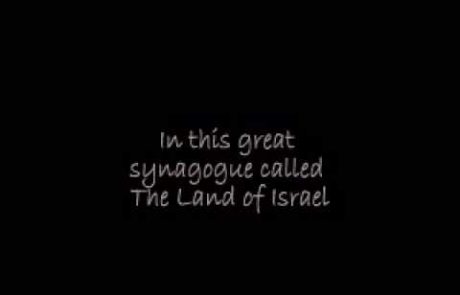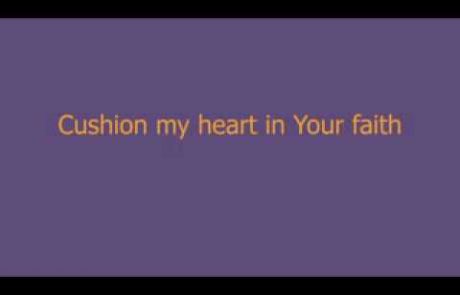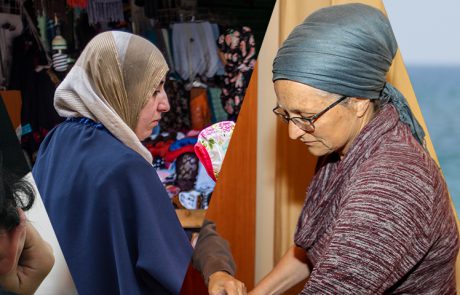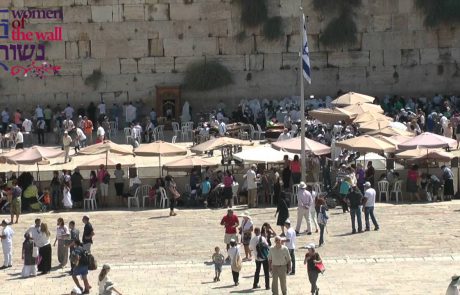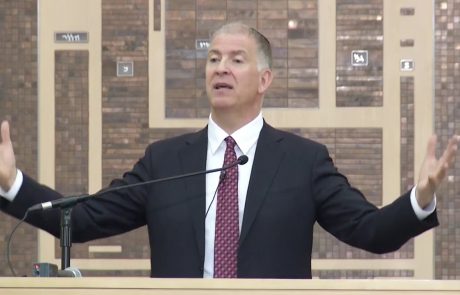Archive for 2018
Koolulam: 1000 People Sing Bob Marley’s “One Love” in Jerusalem
This inspirational video presents 1000 people of different backgrounds who gathered together to sing “One Love” by Bob Marley in English, Hebrew and Arabic at the Tower of David in the Old City of Jerusalem.
Women of the Wall: Can’t Keep Quiet
Created by the Women of the Wall, this music video puts footage from the organization’s controversial monthly Rosh Chodesh minyan at the Western Wall to the backdrop of “Quiet” by MILCK, which became the
Israeli Rock Music’s Spiritual New Sound
This article by Yossi Klein Halavei explores the unique phenomenon of “secular” Israeli rock music becoming more inspired by Jewish ideas and liturgy, as well as the historical and political events that have
HaDag Nachash: The Sticker Song (with educational guide)
Released in 2004, amidst the Second Intifada, this hip-hop song is a collection of Israeli bumper stickers representing the full spectrum of religious and political ideologies that make up Israel’s diverse and often polarized society. The
Alma Zohar: Out of Egypt
This song by Israeli artist, Alma Zohar, criticizes current Israeli policy and public attitudes toward African refugees seeking safety in Israel in light of the history of the Jewish nation as a persecuted
Kobi Oz & Rabbi Nissim Messika: Elohay (with educational guide)
This post presents “Elohay” by Kobi Oz, along with a printable educational guide including the Hebrew and English lyrics, explanatory footnotes for the lyrics, and guiding discussion questions. Written as an ode and duet to his
Kobi Oz: Prayer of the Secular (with educational guide)
This post presents “Prayer of the Secular” by Kobi Oz, along with a printable educational guide including the Hebrew and English lyrics, explanatory footnotes for the lyrics, and guiding discussion questions. Written from
The Conflicting Visions of Four Main Sectors of Israeli Society
In this fascinating article by Prof. Yedidia Stern, Vice President of the Israel Democracy Institute, the author outlines the character and vision of four major ideological groups in Israeli society: the secular Zionists, the ultra-Orthodox,
Women of the Wall: Liberating the Western Wall Again
Created by the Women of the Wall in 2013, this promotional video (05:03) introduces the goals and challenges faced by this multi-denominational feminist organization whose goal is to secure the rights of women to pray
How Do We Find a Torah for a Jewish Democracy?
In this video (05:53), created in celebration of Israel’s 70th birthday, Rabbi Dr. Donniel Hartman argues that the model of total separation of religion and state is neither practical nor ideal in a

